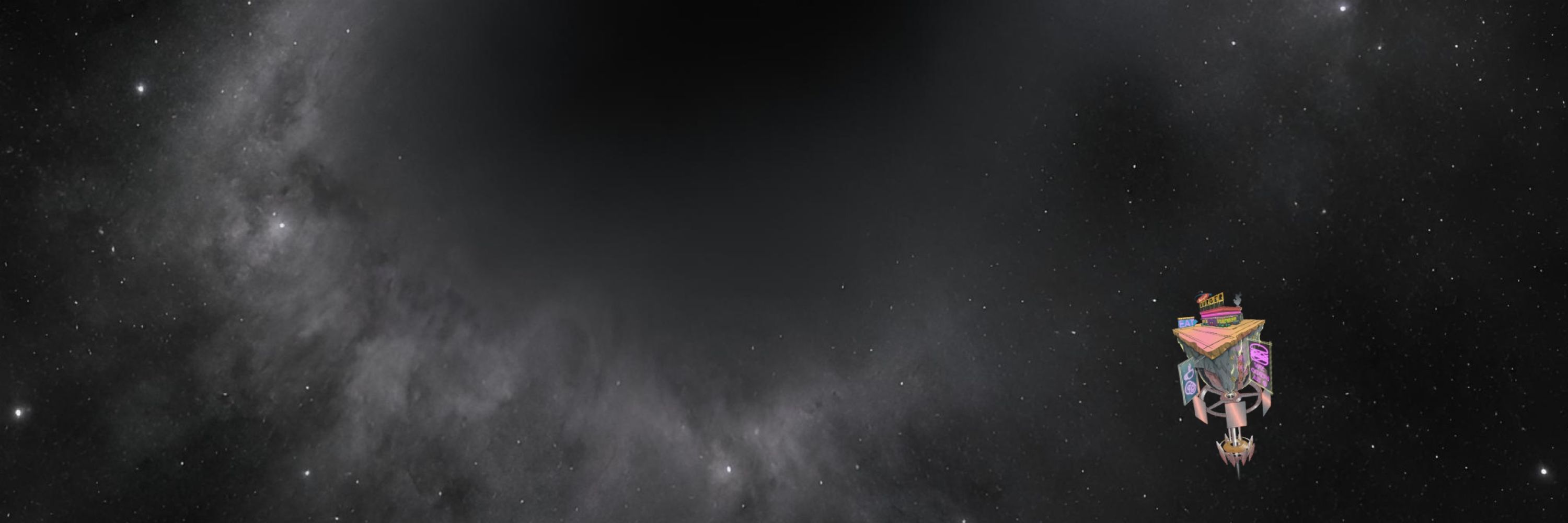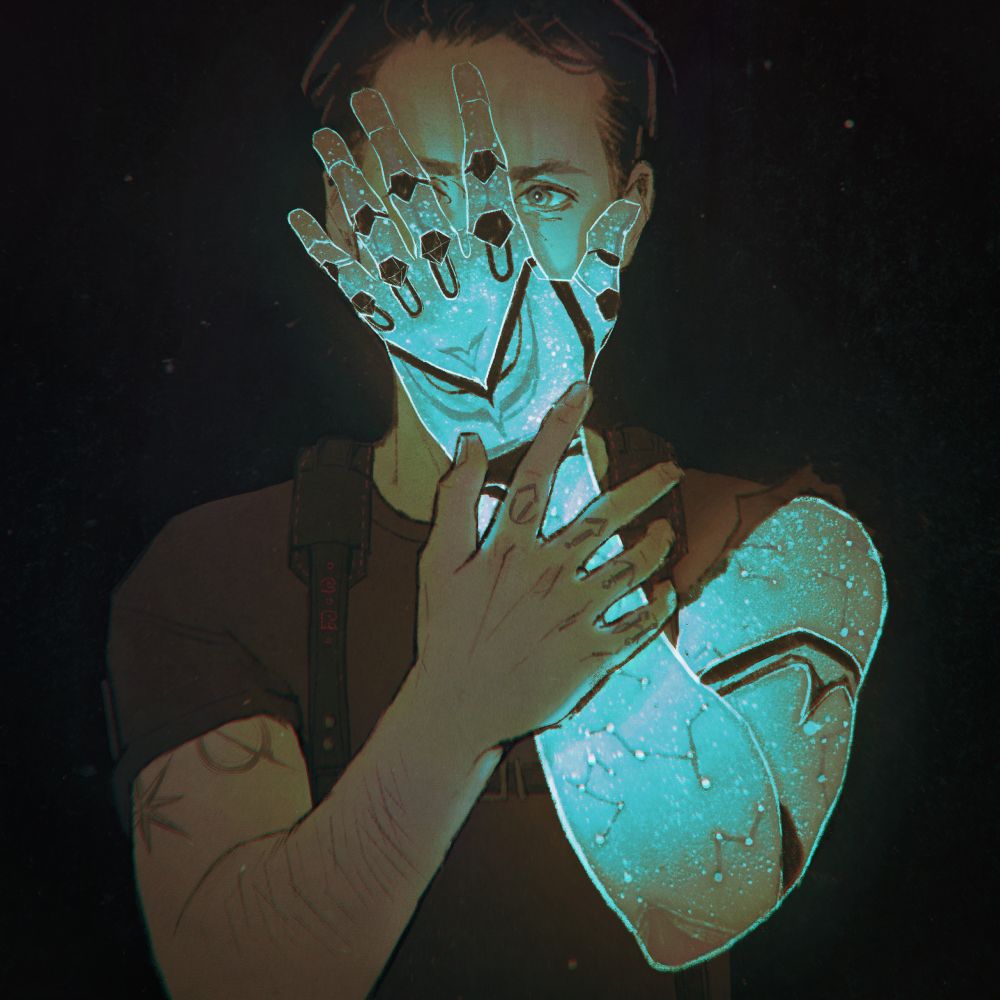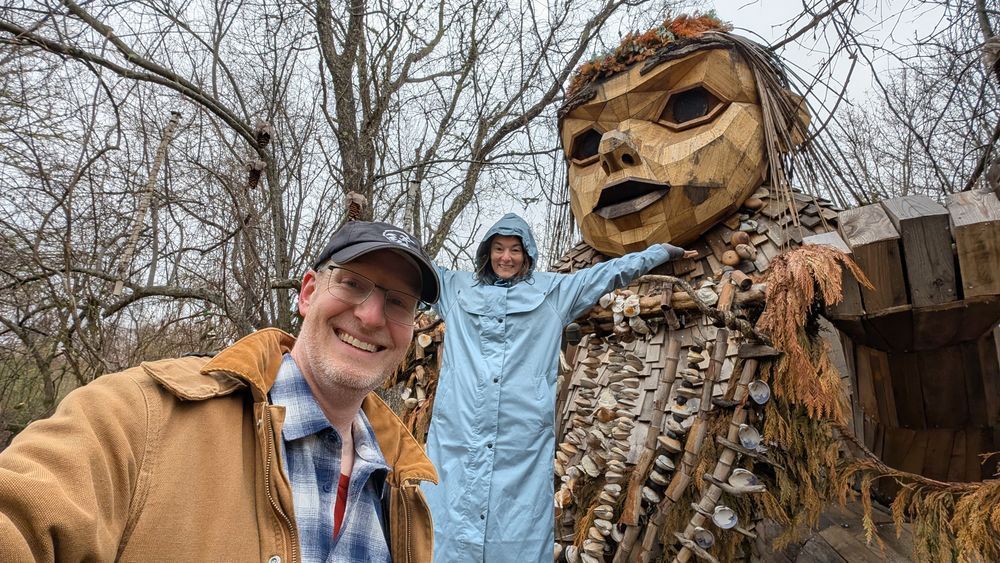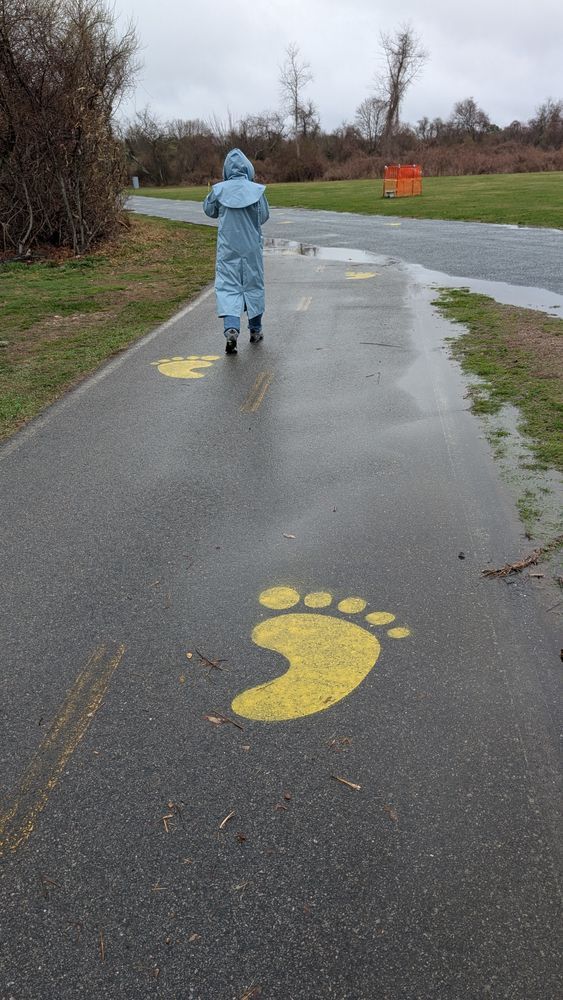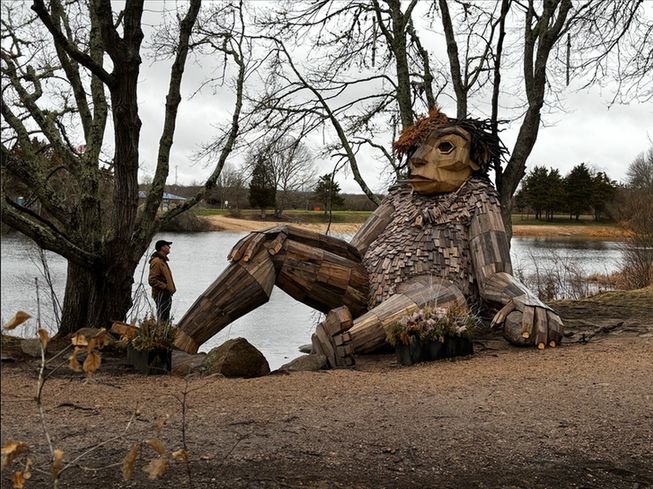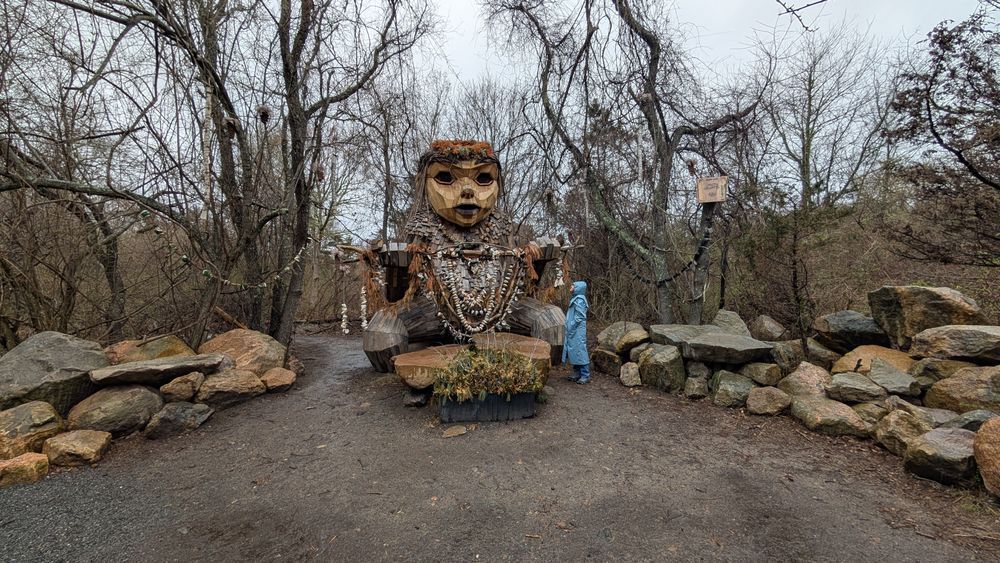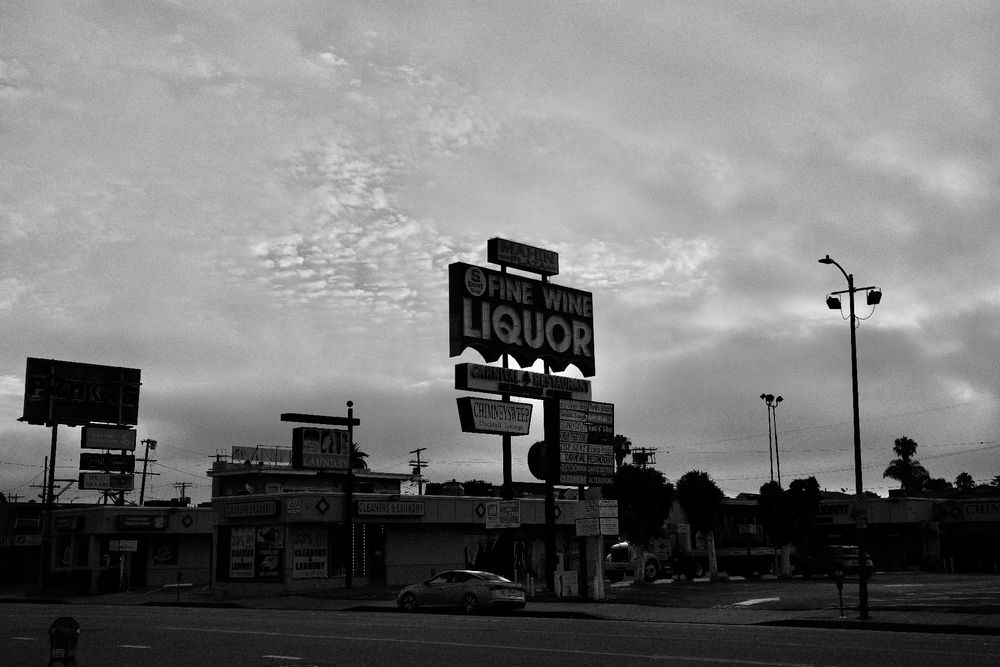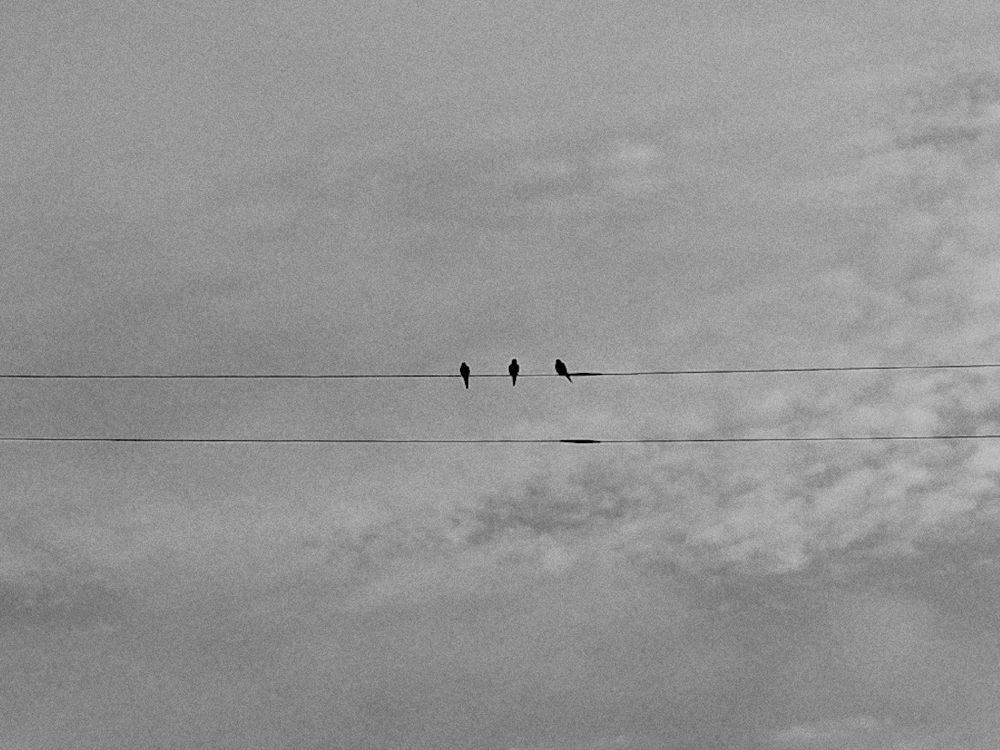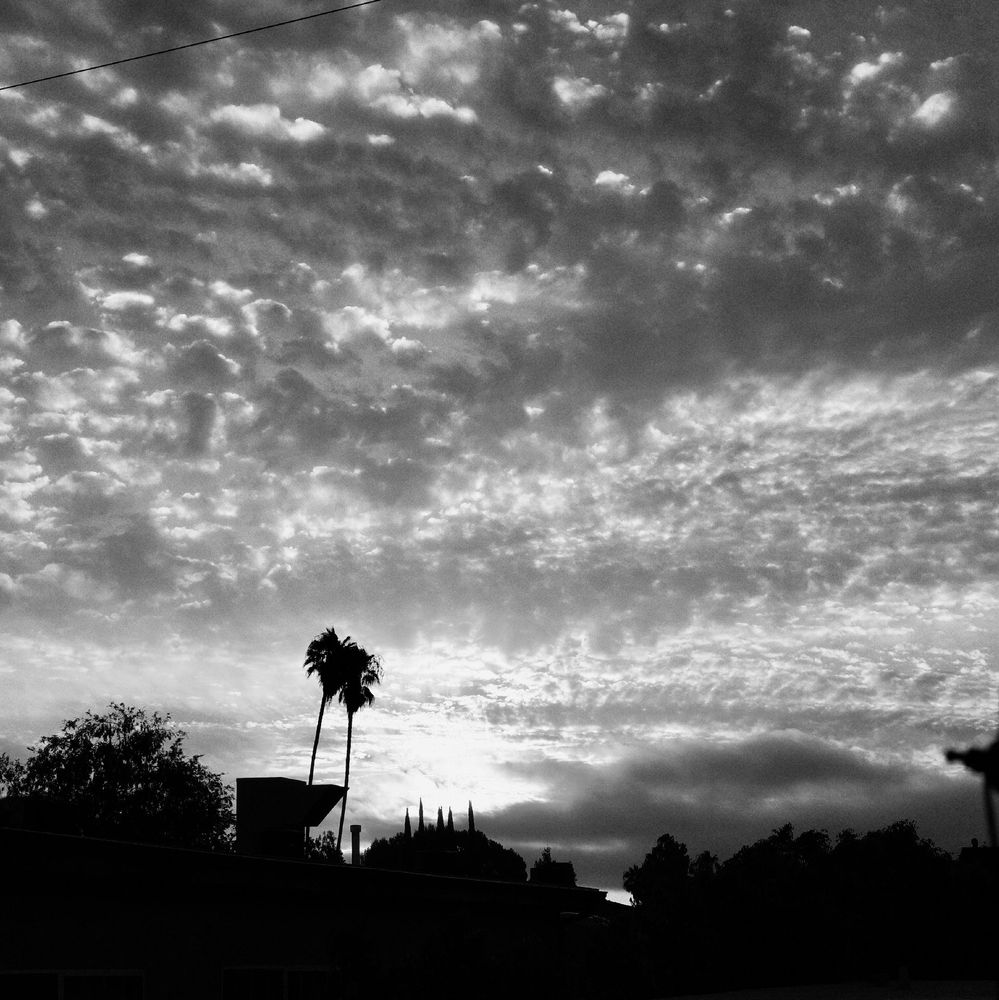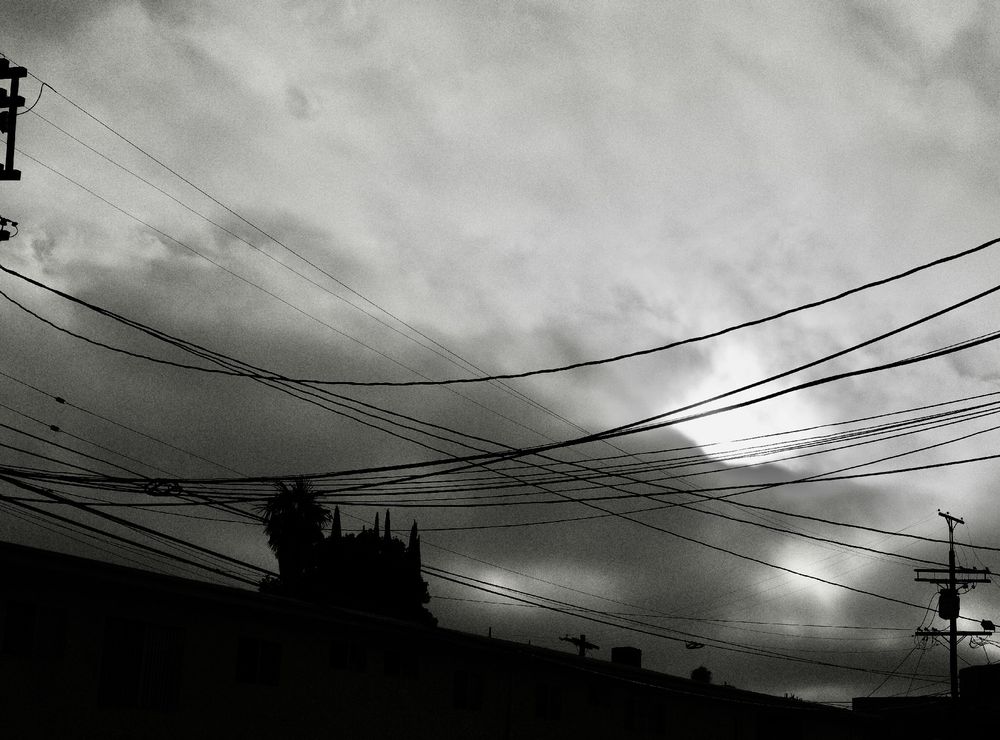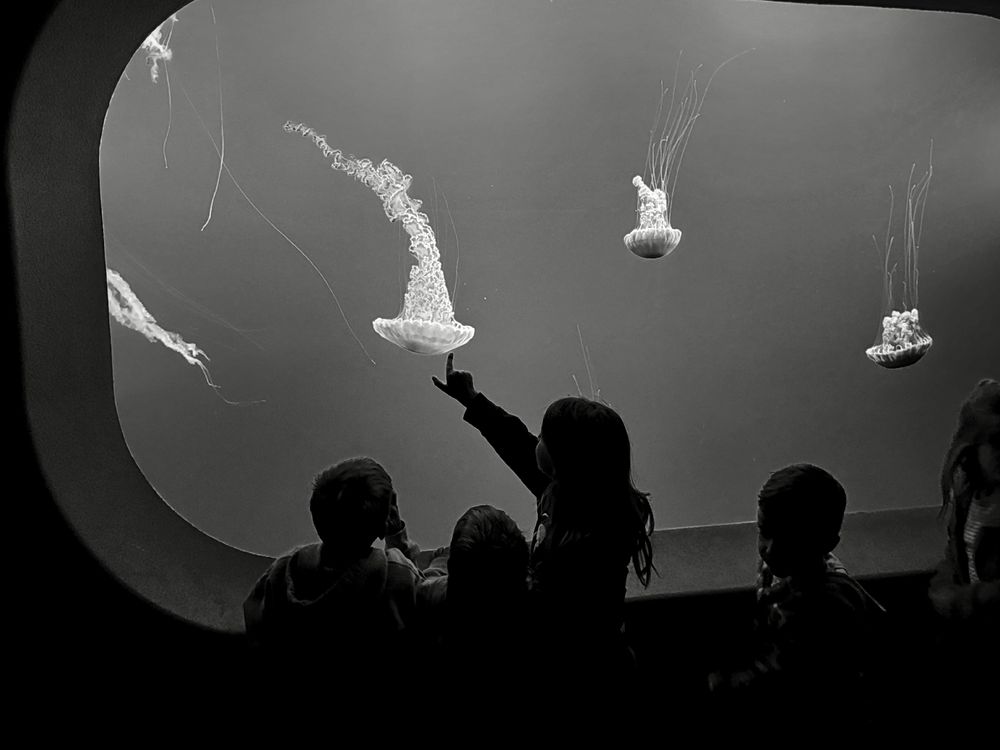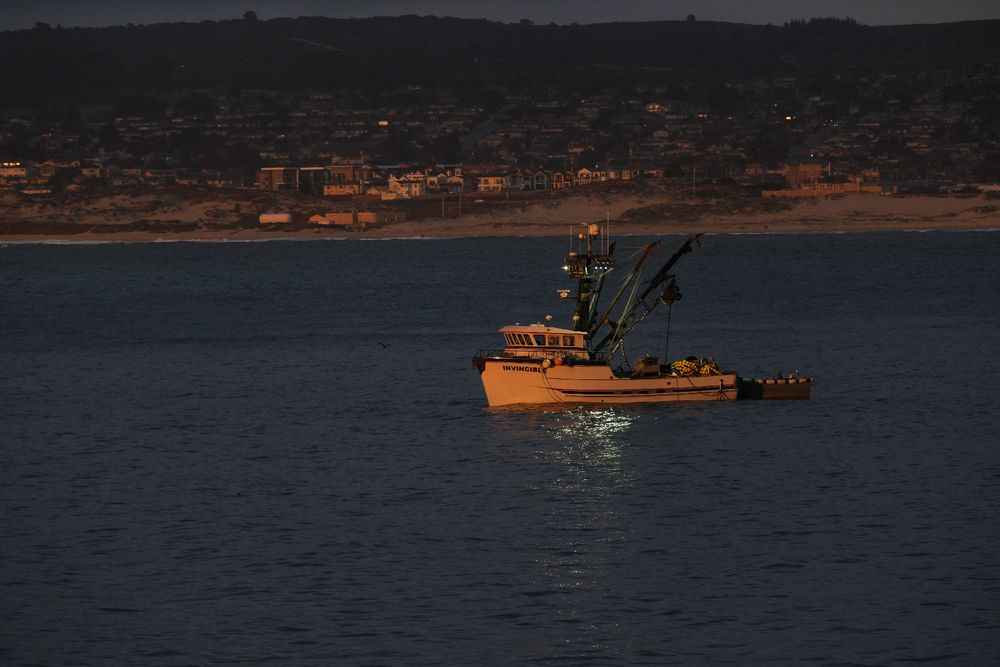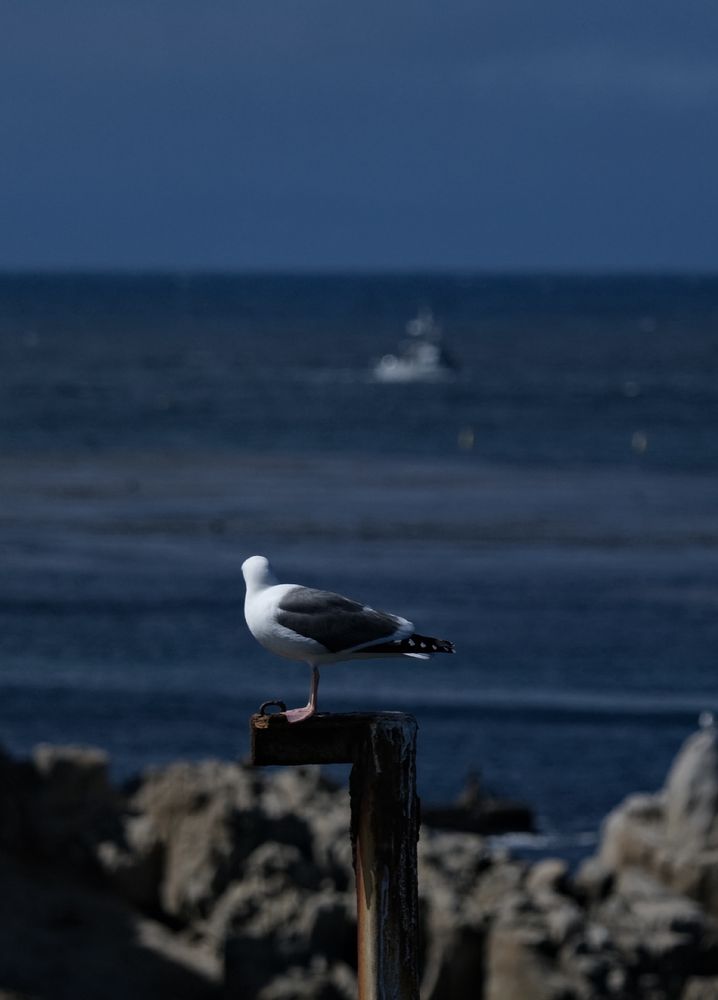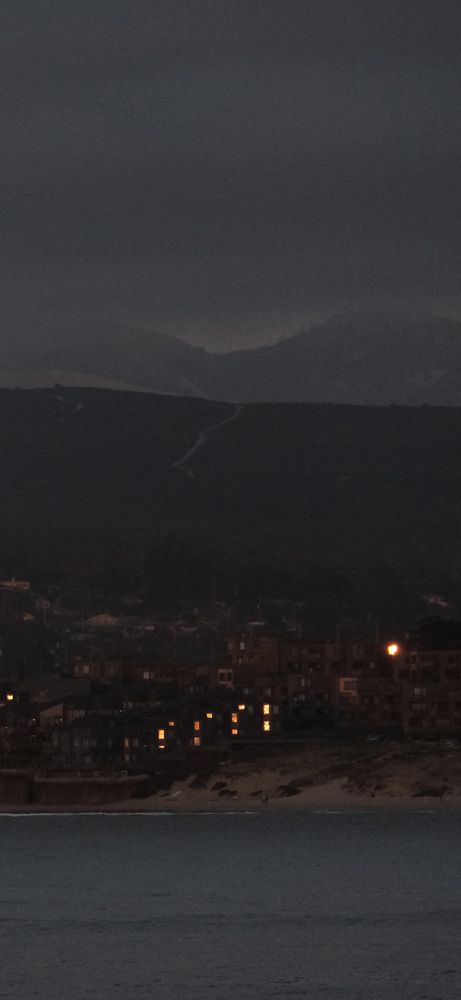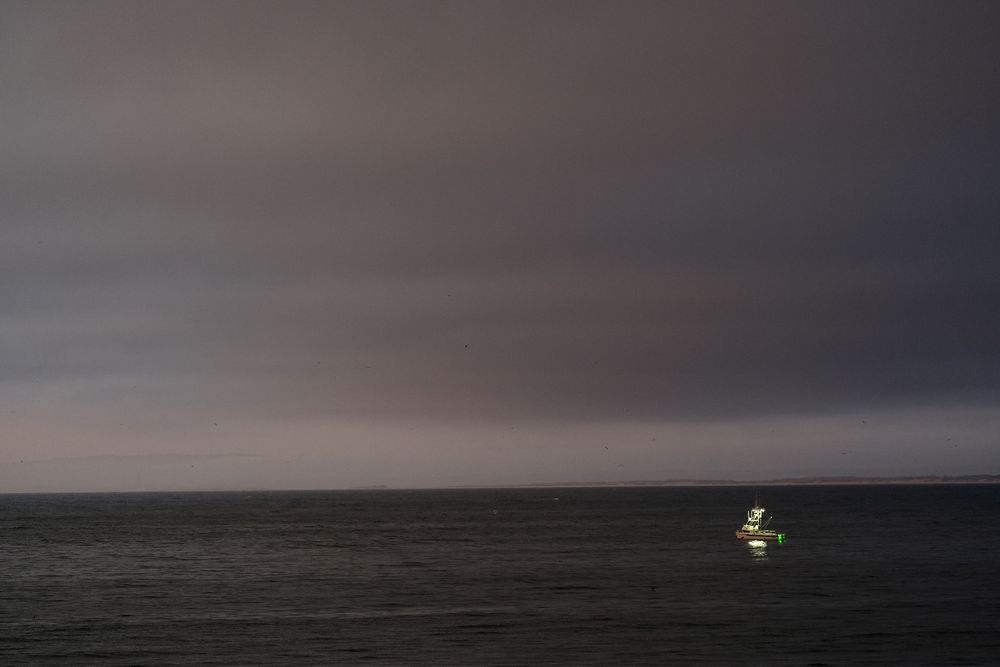Boring Writers
Boring Writers
0:00
/480.2612244897959
1×
Transcript:
In the Paris Review right now, there's an interview with Elliot Weinberger. Elliot Weinberger is an essayist. Uh, he is kind of the master of the impersonal essay, so his essays throughout the years have never been in the first person. They've never featured himself. His essays are, they kind of read like extended encyclopedia entries, but then also he would do things like read a 500 page book about the Naked Mole rat and then write a two and a half page essay called The Naked Molerat.
When asked about this, he would say that, you know, according to the common logic, the only thing he should be writing about is, uh, a bunch of cabbage farmers in Eastern Europe and Russia, because that's his background. And he had this quote in this essay that, uh, I thought was interesting and it made me think of actually something else entirely, but here it is:
He said, "I do find it dreary, that these essayists end up writing about themselves so much. Even if they're taking documentary information, they add a lot of personal response to it, which seems to be what the new quote lyric essay is. I have no interest in first person investigation. Personally, I've never found myself to be an interesting person."
That made me think of a period of my life when I was going to New York a lot. I was a playwright living in Oregon, But I was going to New York a lot.
I was spending a lot of time there, and I was spending a lot of time with, you know, New York writers. It's really easy to develop a bit of an inferiority complex in that environment, not just because some of them were much more accomplished than myself, but also because they were all interesting people.
They all had very interesting stories. They all had stories of, you know, being a photojournalist in Vietnam, things like that.
Stories of growing up dead broke, stories of being unhoused for a while. And in that environment, you start to think, well, what is so interesting about me? How do I have the right to be here amongst all these other people, all these other people who have these very interesting stories? Because my story, at least from my perspective, is really not all that interesting.
And that brings up the idea: Do you need to be an interesting person to write something interesting.
Fran Liebowitz, speaking of New York writers, would say there are no prodigies in writing because you have to have lived the life. You have to have a life that you can write about in order to write well.
But does it all need to be personal narrative? Can you have a mundane life or an uninteresting backstory and still write well? Well, certainly not every person with an interesting life story as a good writer or even a writer at all, but there is a certain amount of pressure to have an engaging life story.
In 2005, Oprah picked a book. For her legendary book club called A Million Little Pieces. It was a harrowing memoir of addiction and recovery. That was later found out to be largely made up. The author James Fray was then dragged back on Oprah and was forced to confess his sins. The book in the eyes of Some was now invalid because it wasn't true.
He said the story was real so that it would be more popular. Readers striving for that sort of authenticity probably comes from living in some sort of age of the inauthentic. Everything is digital. Everything is mass produced and comes from China. So people search for real things, but it does send me down a rabbit hole.
You liked the story when you thought it was real. Now that it's not real, you don't like it, even though the story stays the same. That's a whole other post. But to get back to my original point...
We're currently in a very memoir centric era. Not just because memoir is more popular than it's ever been, but because of social media and the internet.
Every day we are awash with stories and fragments of stories from people that are allegedly true. People are broadcasting their personal narrative more than in any time in history, and there sits boring you. Your childhood was okay.
Your job is okay. You weren't a child soldier. You didn't have to survive in the woods for two weeks alone when you were 11. What right do you have to write?
In 1817, John Keats wrote to his brothers about a production of Shakespeare He had just seen. And in that letter he created a term, a term that still survives to this day called negative capability. The idea that in the writing, you negate yourself, you dissolve yourself.
he found Shakespeare to be very good at that. When you look at the length and breadth of Shakespeare's work, I know I at least have a hard time discerning what his actual point of view is. So on one end you have the lived experience gang, and on the other end you have the romantics, like Keats and the big mystery that is Shakespeare. You are either telling your very personal, very real story, or you are engaging in the story, in the writing, as a way of doing the opposite.
Not the reaffirming of the self, but an attempt to dissolve the self, to erase yourself in the face of the story you're creating in an almost Buddhist way. So you have these two sides, but in the end it's a false choice and every writer, I think, falls somewhere between the two extremes.
It does seem these days that the favor falls pretty heavily on the memoir side of things.
But maybe you want to tell a story, but you see yourself as boring. You see storytellers as interesting people with interesting stories, and you don't find yourself all that interesting.
Telling a story doesn't have to be personal narrative. You don't have to always write what you know. Writing doesn't have to be about the consecration of the self. It can also be about a journey out of it. It can be an exercise in empathy and a, for lack of a better word, joining of a collective unconscious.
It could be a journey outside of yourself rather than within.
I know we read all these stories about writers and we see them as having these interesting lives, and they always look so well-dressed and disheveled and poetic in and of themselves. They seem very interesting and you seem well, a bit drab sometimes.
But in the end, you don't have to be that person. And in the end, how much of that is us as a society placing interestingness upon these people whose work we love? You don't have to be interesting to write. You just have to be interested.
